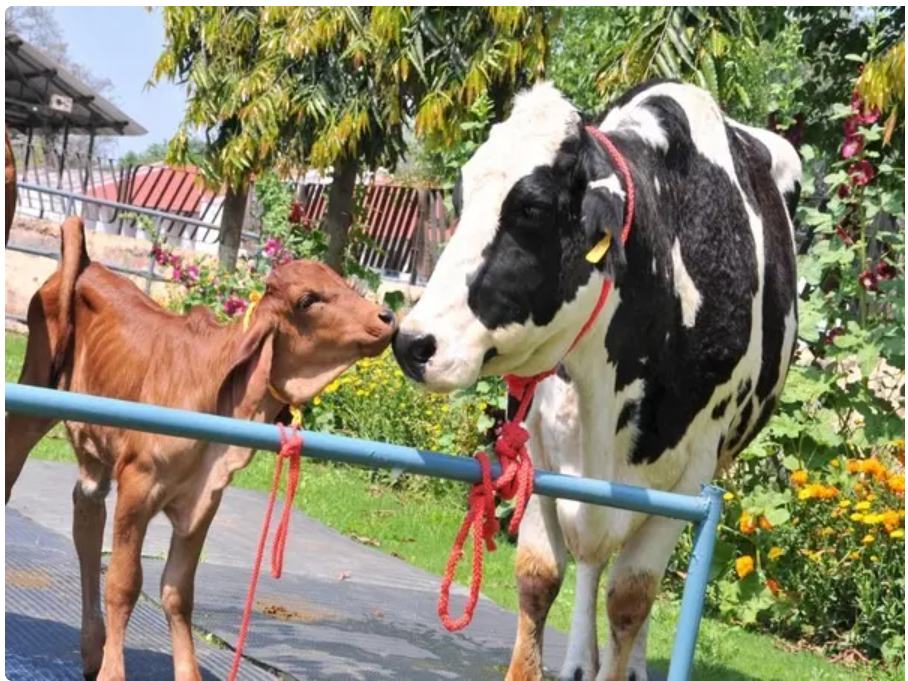The University of Edinburgh and the International Livestock Research Institute (ILRI) have renewed their Memorandum of Understanding, reaffirming their commitment to collaborative livestock systems research.
Announced at ILRI’s Nairobi Campus in Kenya, this renewal underscores their shared dedication to enhancing the impact of livestock research on people and the environment in the Global South.
Read also: Digital technology key to agricultural productivity- Mzondo
Strategic Alliance for Sustainable Livestock Production
The strategic alliance focuses on key areas, including One Health and Infectious Diseases, Food Systems Transformation, Genetic Improvement, and Sustainable Livestock Production. Elsa Murano, Chair of the ILRI Board of Trustees, emphasised the importance of sustainable growth in the livestock sector, noting that it is the fastest-growing segment in agriculture. She expressed delight in renewing the collaboration, highlighting the teams’ decades-long efforts to improve livestock systems and animal productivity in low- and middle-income countries.
Nurturing Talent and Building Infrastructure
The collaboration places a strong emphasis on nurturing future talent and building essential infrastructure, particularly in Africa. Initiatives include career development opportunities, studentships, and exchange visits to share expertise and optimise resources. This commitment aims not only to advance scientific understanding but also to bridge the gap between research and practice, creating real-world impact. Notably, research by ILRI and the Centre For Tropical Livestock Genetics and Health identifies local breeds and forage varieties resilient to heat stress and emitting fewer greenhouse gases.
Focus on Early Warning Systems and Global Challenges
The alliance also focuses on the Jameel Observatory for Food Security Early Action, established two years ago in collaboration with Community Jameel, Save the Children, and J-PAL. Housed on ILRI’s campus, the observatory aims to better prepare for and address environmental shocks and climate change impacts on human and environmental well-being. Bruce Whitelaw, Chair of Animal Biotechnology at the University of Edinburgh, welcomed the partnership’s renewal, emphasising its potential to address critical global challenges. Professor Djikeng, Director General of ILRI and formerly based at the University of Edinburgh, retains an affiliation with the Roslin Institute to strengthen the partnership with ILRI and the CGIAR system.
The renewed commitment by the University of Edinburgh and ILRI signals a new era in addressing food system challenges and sustainable livestock development. With combined expertise and resources, this partnership is poised to make significant strides in research and innovation for the global benefit.
